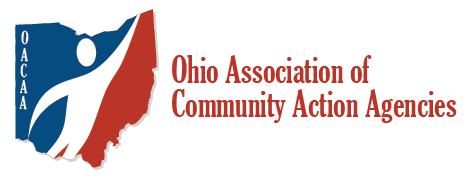Helen, a 64 year old home health aide, worked hard her whole life providing for her family. She had married soon after graduating high school, but divorced early in her marriage. After that, she moved in with her aging mother and raised her two children; working continuously over the years to support the family. In her fifties, Helen developed a serious heart condition, which required ongoing medical care and medication therapy. While working full time, she had health insurance and was able to manage the costs of her care. However, her mother passed away, her children moved out of the house and her job was eliminated. Now Helen was living alone in the house she grew up in and struggling financially.
She was working part-time jobs at home health agencies, where the work load and pay was constantly fluctuating from pay day to pay day. She had no healthcare coverage and moreover, was told that generic medications were not an option for her due to her severe allergy to the bonding compounds used in their composition. Helen was going without her medicines or taking them sporadically as she was able to purchase a few at a time. Unfortunately Helen suffered a stroke, which made it impossible for her to work for several weeks.
Helen contacted Jackson-Vinton Community Action, Inc. (JVCAI) when she saw a flyer at her physician’s office about their Emergency Healthcare Assistance Program. The Community Action Agency was able to help her obtain her medications on two occasions and referred her to a caseworker at the local Job & Family Services (JFS) to begin work on assisting her with applying for Medicaid until she was eligible for Medicare. JVCAI also referred her to their Housing Program to discuss options to keep her home and they provided her with support and encouragement.
Helen is now moved into low-income housing she can afford, has retired on her Social Security, is able to buy her own medications with a Part D Medicare plan, and is finally able to get the rest and peace of mind she so deserves. JVCAI helped to fill many of the gaps to make this possible.
For more information about Community Action programs in your area, visit www.oacaa.org. Note, not all Community Action Agencies offer these programs.
